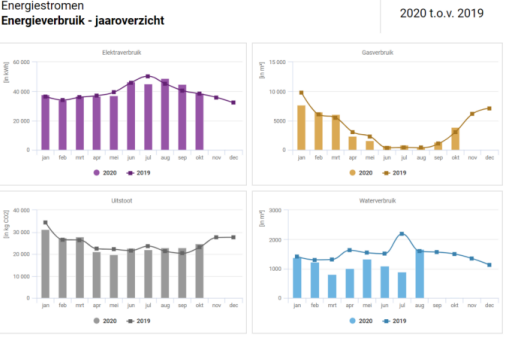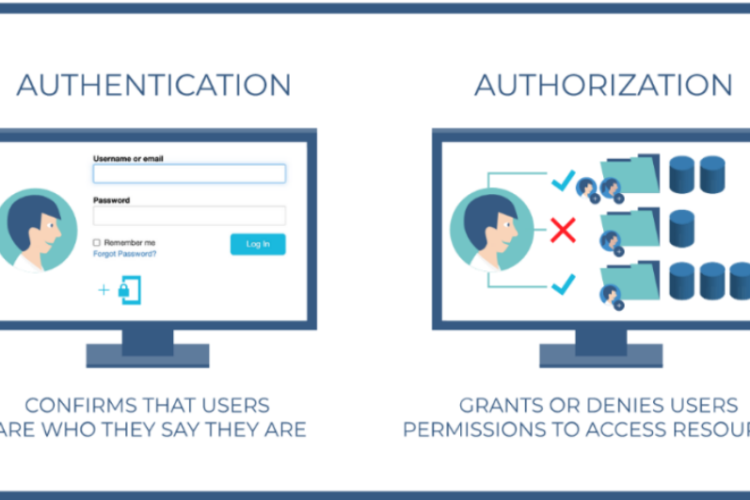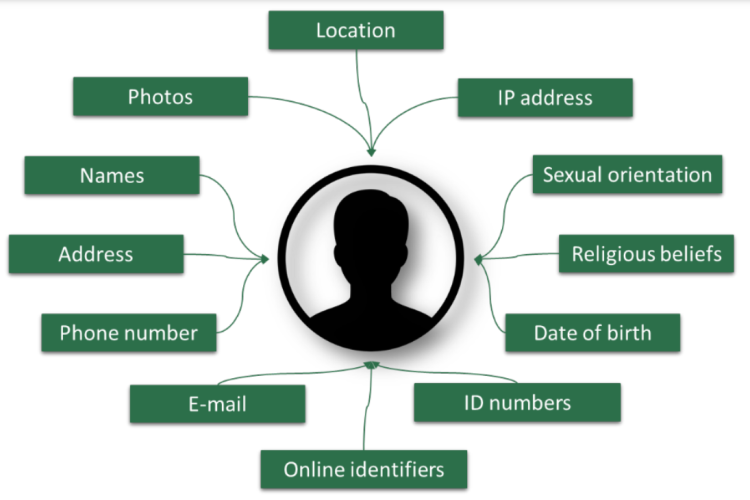
Deliverable Data Needs and Requirements
This report discusses various data needs and requirements in smart buildings in terms of five smart building use cases identified according to the literature and further elaborates on available systems in buildings, data types, data formats, and data storage techniques. It then presents the barriers and limitations to data collection.
Finally, an idea of an ideal best-case scenario is presented, giving an overview of what needs to be achieved via a data collection and integration reference architecture.
In summary, developing smart building solutions depends on metered time series data and real time data from sensors, data from external services, occupant feedback, domain expert knowledge and contextual data/ metadata.
Often, developing these solutions suffer from a) unavailability or partial availability of required data, b) low-quality data (accuracy, low resolution, timeliness, missing samples), c) unstructured data (naming conventions, metadata standards, data formats) and d) limitations due to accessibility, privacy and ownership.
Therefore, improving data availability, improving data quality, structuring the data and adhering to privacy and ethics guidelines can speed up the development of smart building solutions. Considering the requirements from the literature and market study, it also suggests that a reference architecture for data integration should be able to provide a) methods for data acquisition, storage, management and backup to improve data availability, b) provide standardisation to data originating from different systems using standard schemas and well-recognised data models, c) provide access to historical and real time data d) support bidirectional communication between the smart building applications and building controllers and e) provide scalable solutions that can accommodate the growing number of data sources and users.




